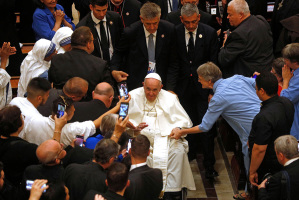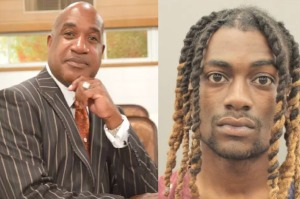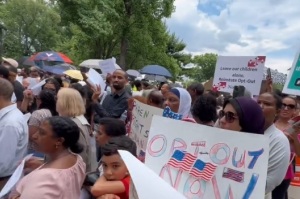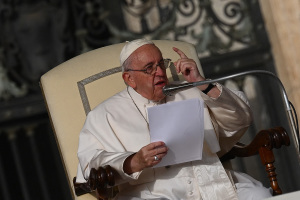Super Tuesday May Not Be Decisive for Romney
Ten states will participate in the March 6 Super Tuesday contests for the Republican nomination. With victories this week in Arizona, Michigan and Wyoming, Mitt Romney would seem to be on pace to clinch the nomination. Super Tuesday's contests, though, will likely reveal some of Romney's weaknesses and keep the contest going.
While Romney is pulling away from the rest of the field in the delegate count, he seems unable to pull together a string of consecutive victories. He lost Iowa, then won New Hampshire. Then he lost South Carolina followed by wins in Florida in Nevada. That was followed by Rick Santorum's trifecta of victories in Colorado, Minnesota and Missouri. Romney followed that up with wins in Maine, Arizona and Michigan.
Romney tends to do better in primary states than caucus states and in the Northeast or West, but not in the South. In the Super Tuesday states, there are two northeastern states, Massachusetts (Romney's home state) and Vermont. There are three caucus states, Alaska, Idaho and North Dakota, and four Southern states, Georgia, Oklahoma, Tennessee and Virginia. Romney has an advantage in Virginia, though, because he and Ron Paul are the only candidates on the ballot. The last state on the list, Ohio, is expected to be the closest contest that day.
According to an analysis by AP, the best that Romney could hope for on Super Tuesday is to win in seven states and take 60 percent of the 419 delegates up for grabs that day. He would expand his lead in that scenario, but he would not be on pace to win enough delegates to secure the nomination until late in the primary season. Perhaps as late at the last primary, which is June 26 in Utah.
If Romney is unable to get a majority of the 2,286 total delegates, then the delegates will head to the Aug. 27 convention in Tampa, Fla., and decide on who their nominee will be with a series of votes. On the first vote, they are obligated to vote for the candidate they were selected to represent. If no candidate wins a majority of delegates on the first vote, they will be free to vote for whomever they want on subsequent votes.
The potential of this scenario has led some pundits to discuss the possibility of the delegates choosing someone who is not even a candidate. The names most often talked about are former Florida Gov. Jeb Bush, Indiana Gov. Mitch Daniels, New Jersey Gov. Chris Christie and House Budget Chair Paul Ryan.
This scenario is unlikely, however. As Professor Marjorie Hershey, a political scientist at Indiana University, explained in a Dec. 22 interview with CP, a brokered convention would make the party appear like it is controlled by elites, and no party wants that image in the mind of the electorate.
Romney holds double-digit leads in two new national polls. Rasmussen shows Romney with 40 percent, followed by Santorum (24 percent), Newt Gingrich (16 percent) and Ron Paul (12 percent).
Gallup's five-day rolling average poll shows Romney at 35 percent, followed by Santorum (24 percent), Gingrich (15 percent) and Paul (11 percent).





























